Embarking on the journey of special education assessment can be a complex but crucial undertaking. Understanding the ins and outs of this process is essential to ensure the best outcomes for students with diverse learning needs. Join us as we delve into the intricacies of special education assessment, exploring its significance, the assessment process, and the key role of professionals in this critical procedure.
Understanding the Importance of Special Education Assessment
Special education assessment plays a pivotal role in identifying the specific needs of students who require additional support to thrive in educational settings. By evaluating a student’s strengths, challenges, and learning styles, educators can develop tailored strategies and interventions to maximize their potential. Through comprehensive assessments, educational professionals gain valuable insights into how to best support students with diverse learning needs.
Moreover, special education assessment is not just about determining academic capabilities; it also encompasses social, emotional, and behavioral aspects that can impact a student’s learning journey. By recognizing the holistic nature of assessment, educators can provide comprehensive support that addresses all facets of a student’s development.
Additionally, special education assessment plays a crucial role in promoting inclusivity and diversity within educational settings. By identifying and addressing barriers to learning, educators can create accessible environments that cater to the individual needs of every student. This fosters a sense of belonging and ensures that all students have equal opportunities to succeed.
In essence, special education assessment serves as a cornerstone in establishing personalized learning pathways for students with unique needs. It empowers educators to design targeted interventions, accommodations, and teaching strategies that facilitate academic growth and personal development.
The Process of Conducting a Special Education Assessment
The process of conducting a special education assessment involves a series of coordinated steps aimed at gathering relevant information to make informed decisions about a student’s educational needs. It begins with the initial referral, where concerns about a student’s learning or behavior are raised, triggering the assessment process.
Following the referral, a multidisciplinary team, including educators, parents, and specialists, collaborates to design and implement the assessment plan. This plan typically includes various assessments such as educational evaluations, psychological assessments, and behavioral observations to provide a comprehensive understanding of the student’s strengths and areas for growth.
Once the assessments are complete, the team reviews the gathered data to determine the student’s eligibility for special education services. This decision-making process involves analyzing the assessment results, considering the student’s unique needs, and collaboratively developing an individualized education program (IEP) that outlines specific goals, accommodations, and services tailored to the student.
Throughout the assessment process, collaboration, communication, and parental involvement are key aspects that ensure a holistic and student-centric approach. Effective teamwork among all stakeholders promotes transparency, advocacy, and the best possible outcomes for students receiving special education services.
Collaborating with Professionals in Special Education Assessment
Collaboration with professionals in special education assessment is essential for creating comprehensive and effective support systems for students with diverse learning needs. Educational diagnosticians, school psychologists, speech therapists, occupational therapists, and special education teachers are among the experts involved in the assessment process.
These professionals bring unique perspectives, expertise, and skills to the table, ensuring a holistic evaluation of the student’s abilities and challenges. By working together, they can develop a nuanced understanding of the student’s learning profile and design evidence-based interventions that cater to their individual requirements.
Furthermore, collaboration among professionals fosters a collaborative problem-solving approach that emphasizes teamwork, data-driven decision-making, and continuous evaluation of the effectiveness of interventions. By pooling their collective knowledge and resources, professionals can create personalized support plans that address the diverse needs of students in special education programs.
In essence, the collaboration between professionals in special education assessment ensures that students receive tailored interventions that promote their academic progress, socio-emotional well-being, and overall educational success. By leveraging the expertise of a multidisciplinary team, educators can empower students to overcome challenges, build on their strengths, and thrive in inclusive learning environments.
Guiding You Through Special Education Assessment
In conclusion, special education assessment is a fundamental element in ensuring that every student receives the specific support they require to thrive academically and personally. By collaborating with professionals, understanding the assessment process, and advocating for inclusive education practices, we can create a more equitable and empowering learning environment for all. Remember, the journey of special education assessment is not just about evaluation; it’s about recognizing the unique strengths and challenges of each individual student to pave the way for their success.

